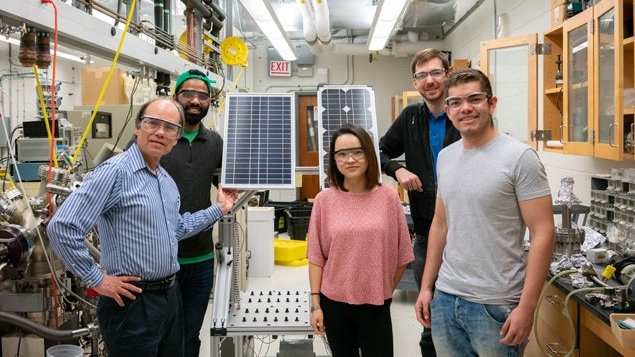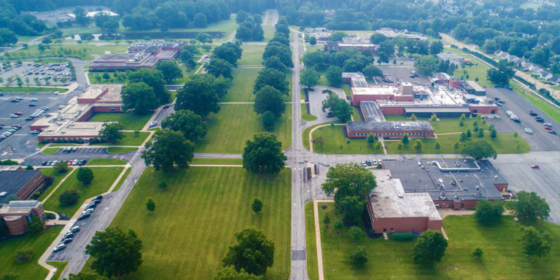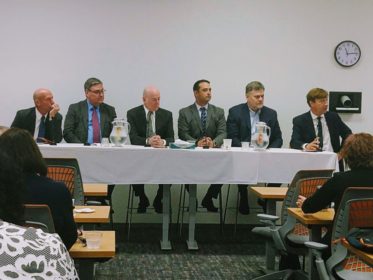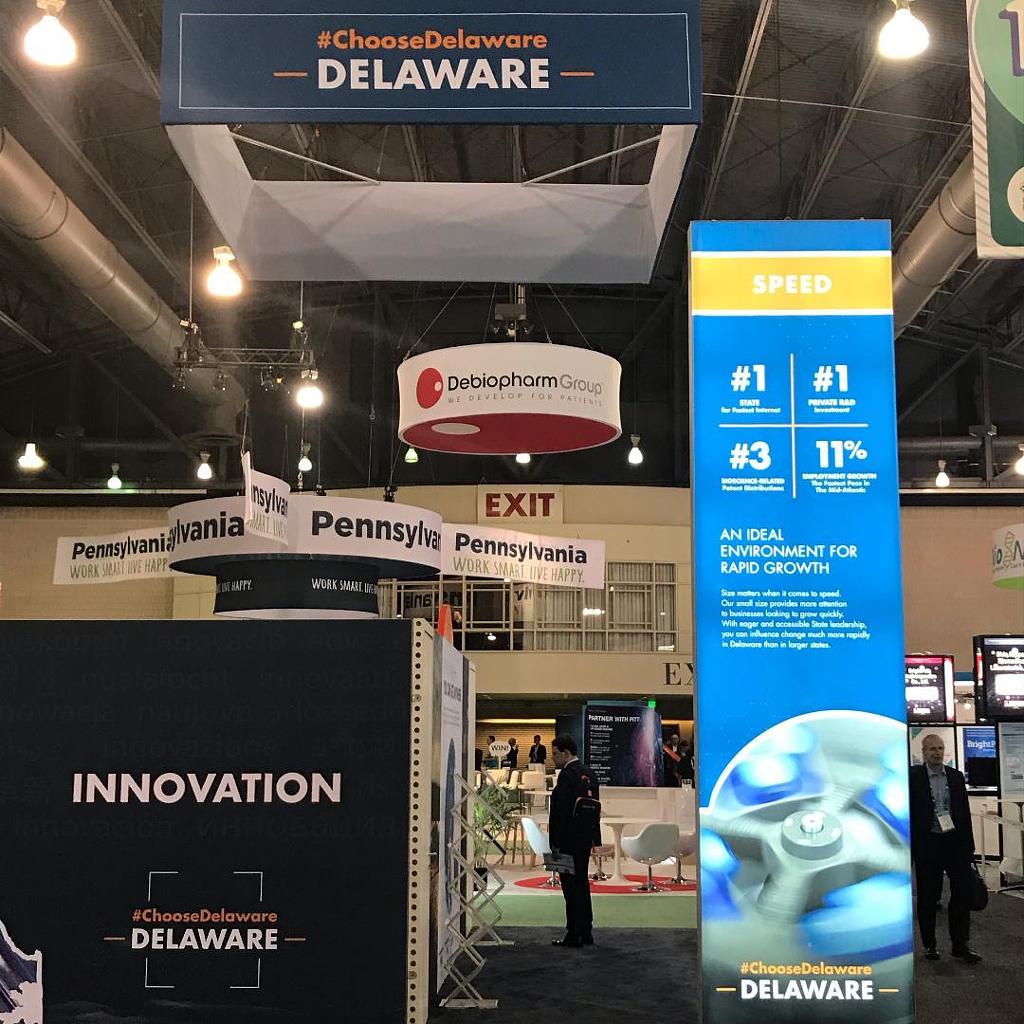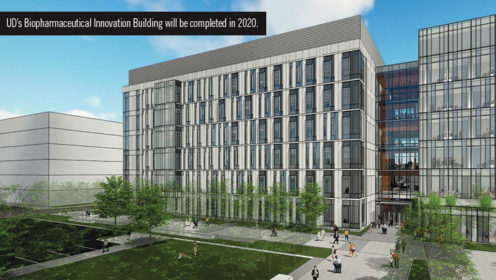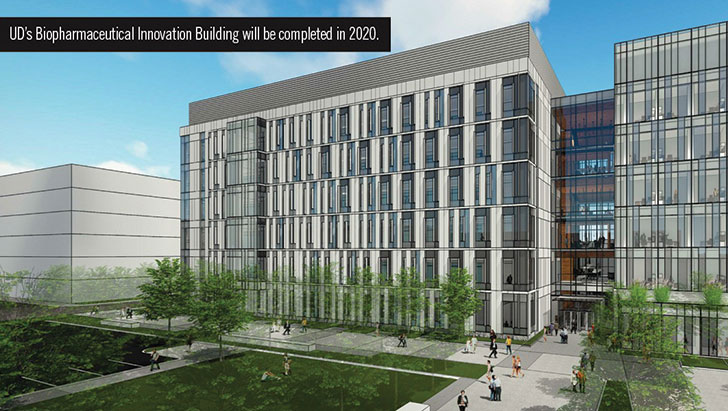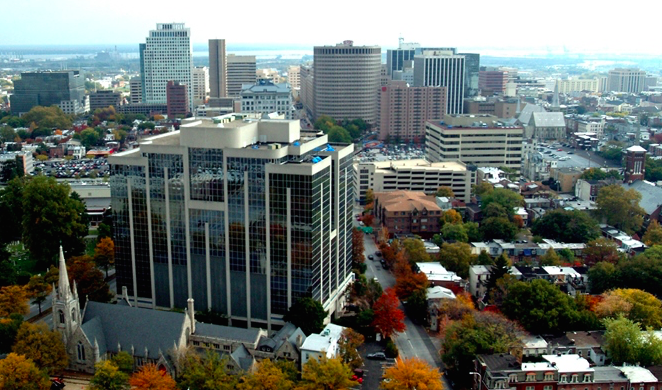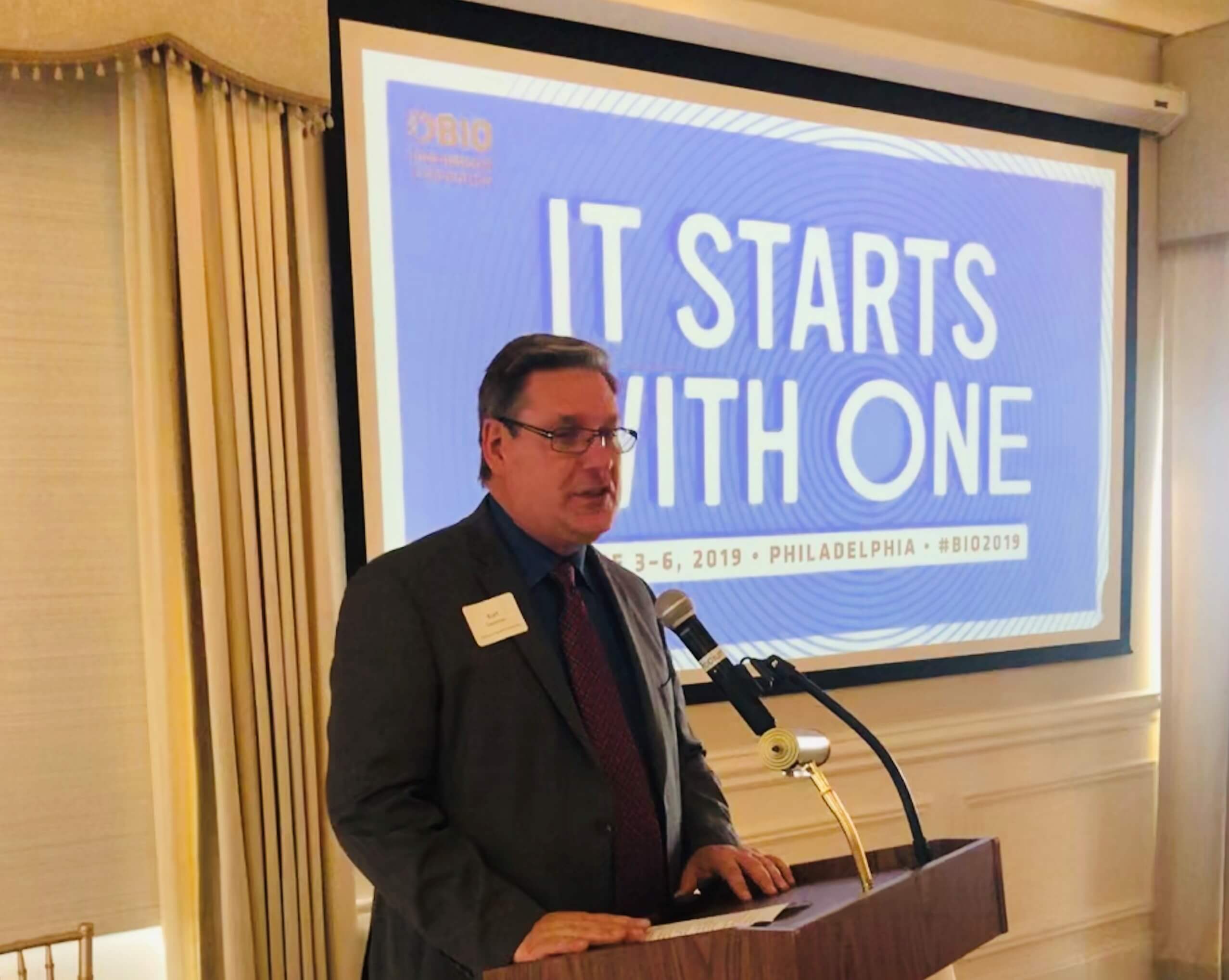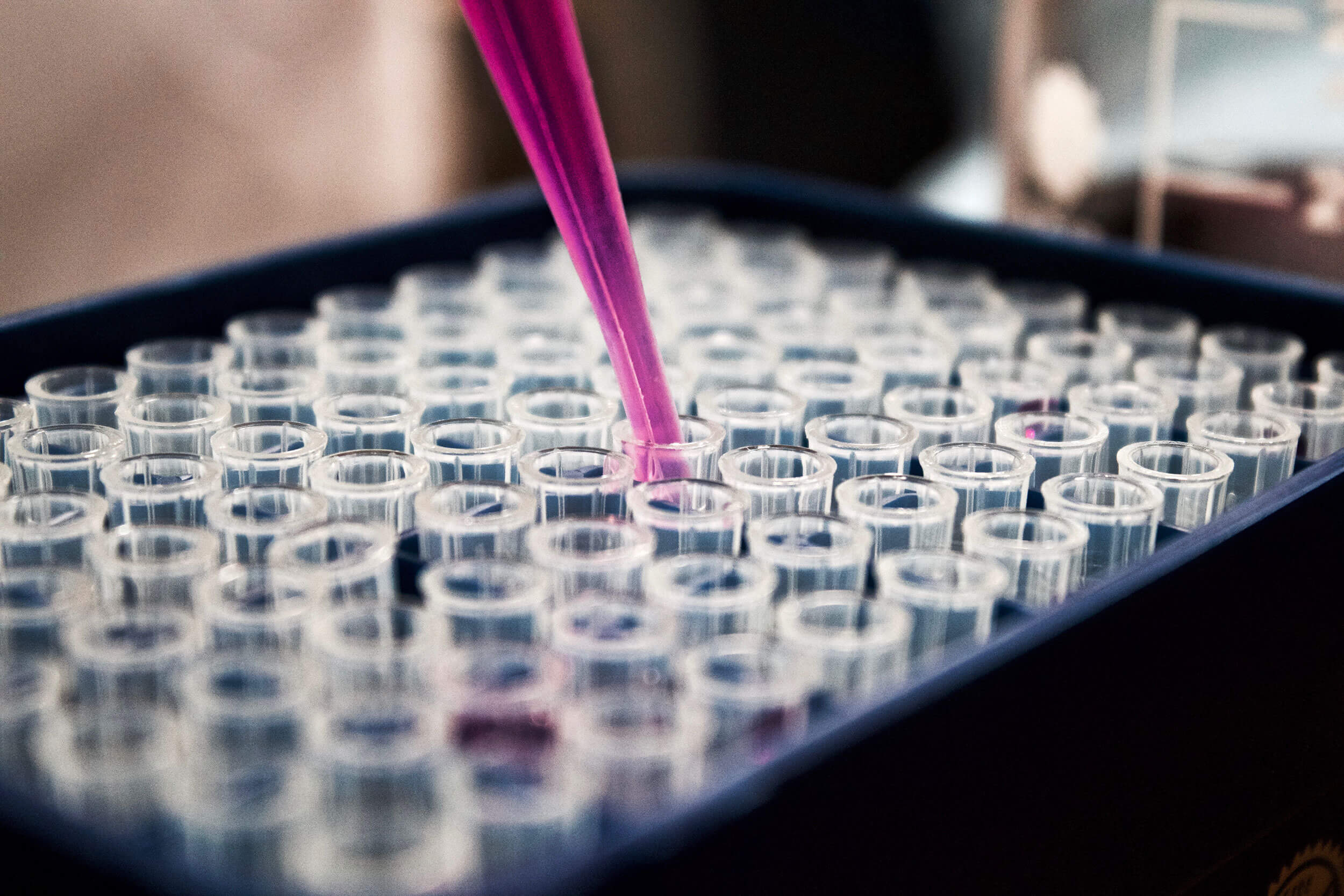Delaware Biotech Businesses Focus on Innovation
Delaware Biotech Businesses Focus on Innovation
31 OCTOBER, 2019
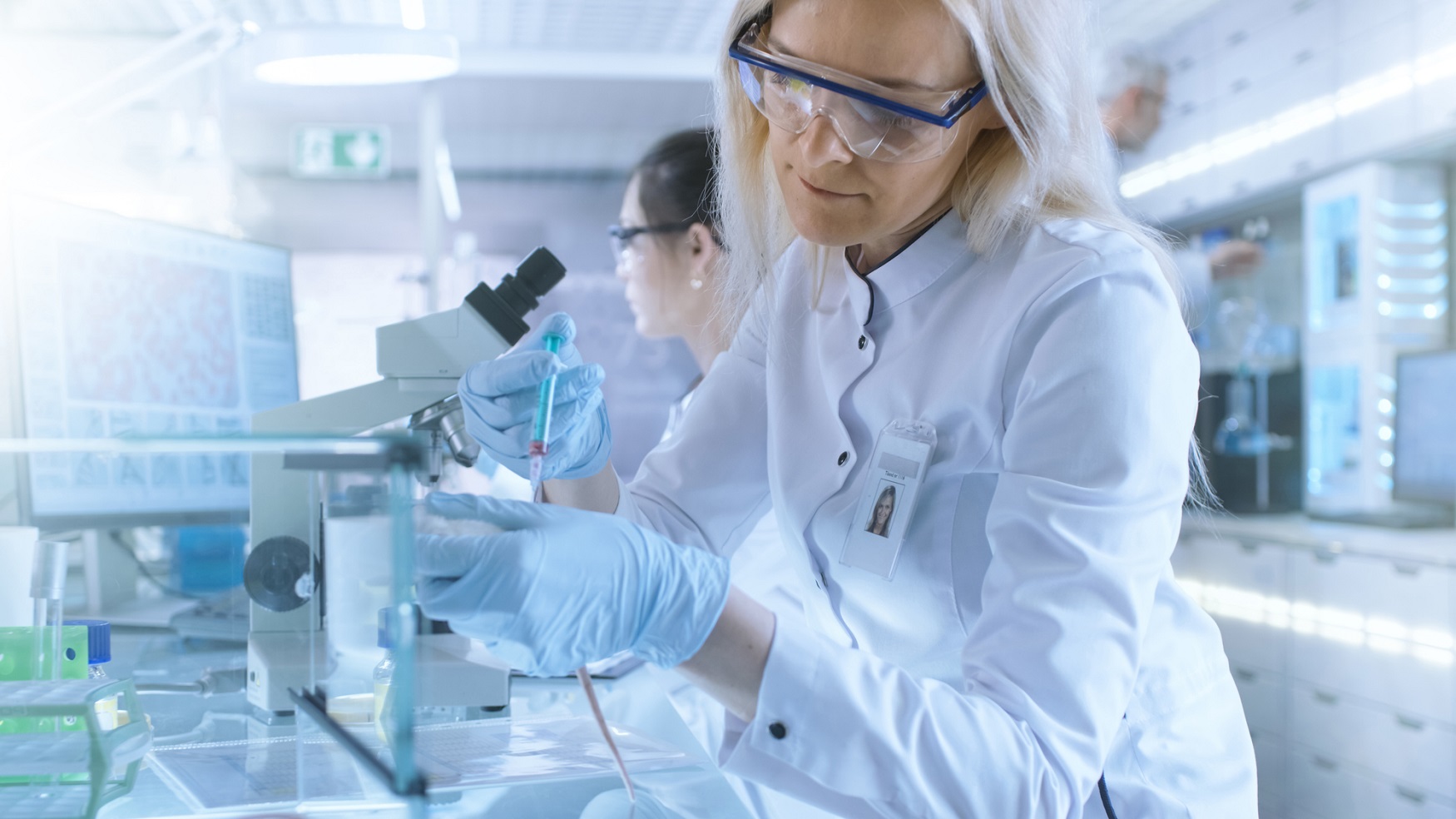
For Delaware biotech companies, innovation is booming. Attracted to a business environment ripe with opportunity, bioscience companies in the First State are finding it possible to grow in a very dynamic ways. While Delaware’s enviable location, low cost of doing business, and collaborative, business-friendly environment are some of the key factors attracting biotech businesses, Delaware’s focus on innovation and rich diversity in biosciences makes it a prime location.
With the fourth highest number of employed PhDs working in the fields of science, engineering and healthcare, and a strong workforce and talent bred by the major academic institutions in the state, biotech companies in Delaware are primed for innovation. Read on to learn how a few of the leaders in the biotech industry are innovating in Delaware.
Incyte
Incyte is a global biopharmaceutical company headquartered in Wilmington, Delaware. Founded in 2002, Incyte is focused on the discovery, development, and commercialization of novel medicines to meet serious unmet medical needs in oncology and inflammation and autoimmunity. Today, the Company employs more than 1,400 people in the US, Europe and Japan as it strives to discover and de-velop first-in-class and best-in-class medicines—advancing a diverse portfolio of large and small molecules.
Investing in Delaware has brought positive results according to Incyte’s CEO Hervé Hoppenot:
“It has been a very understanding community around us, from the county, from the city, from the state. I must say we have an extraordinarily positive support and frankly we stay out of the craziness of Boston, Palo Alto, Shanghai. We are very close to key academic centers which are basically not only bringing talent to our organization, but are also a place where we can do partnerships, scientific partner-ships… I think that Delaware is a place where we are taking root, putting our infrastructure, expanding our teams and it will be part of that adventure.”
Adesis, Inc.
Founded in 1991 as CB Research and Development in Newport, Delaware, Adesis, Inc. is one of the first boutique chemistry Contract Research Organizations (CROs) in North America. Today, Adesis is a leading custom organic synthesis CRO specializing in organic and organometallic synthesis to support the pharmaceuticals, biomaterials and catalyst industries.
Adesis is one of the fastest growing life sciences companies in America necessitating the expansion of their facilities. In October 2018, Adesis celebrated the grand opening of its new, state-of-the-art chemistry laboratories, where Adesis scientists perform leading-edge discovery, development, and commercialization services. Along with state and local Delaware officials, the Delaware Prosperity Partnership supported the expansion, awarding Adesis a $445,224 grant to help facilitate its growth, resulting in the creation of more high-tech jobs in Delaware.
Senator Tom Carper said it best when asked about the company’s latest expansion in Delaware:
“We are thrilled that Adesis chose to make Delaware its home, and we are rooting for the company’s continued success and growth. This expansion not only means job growth here and now in Delaware, but a level of innovation that can benefit generations to come.”
Newsletter Sign Up
Stay Up To Date With Delaware
